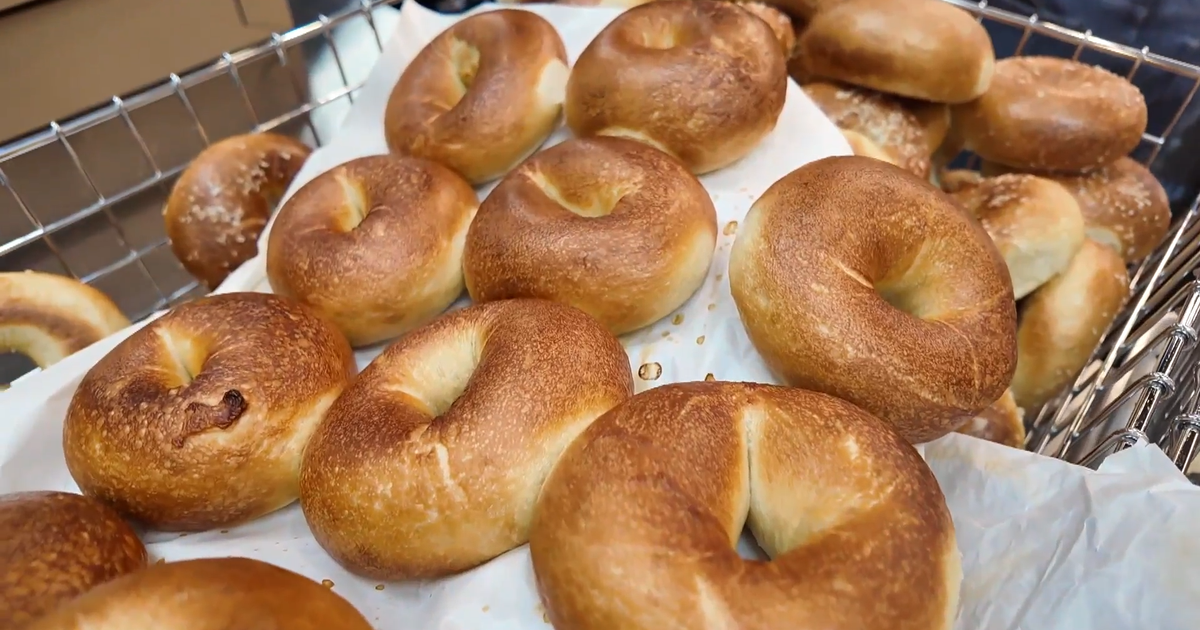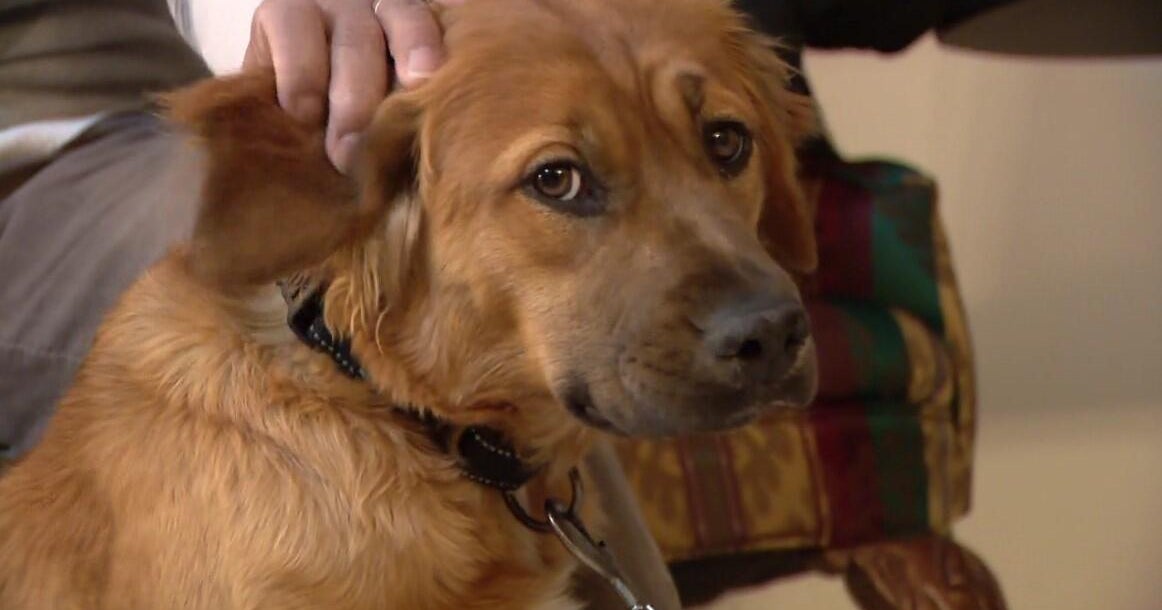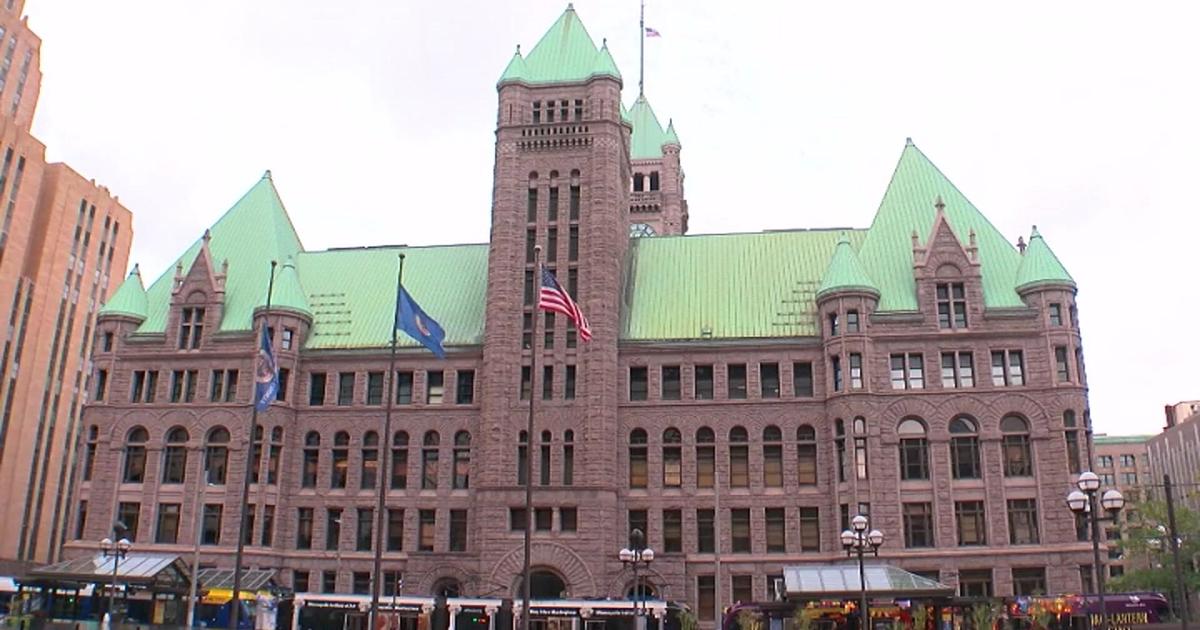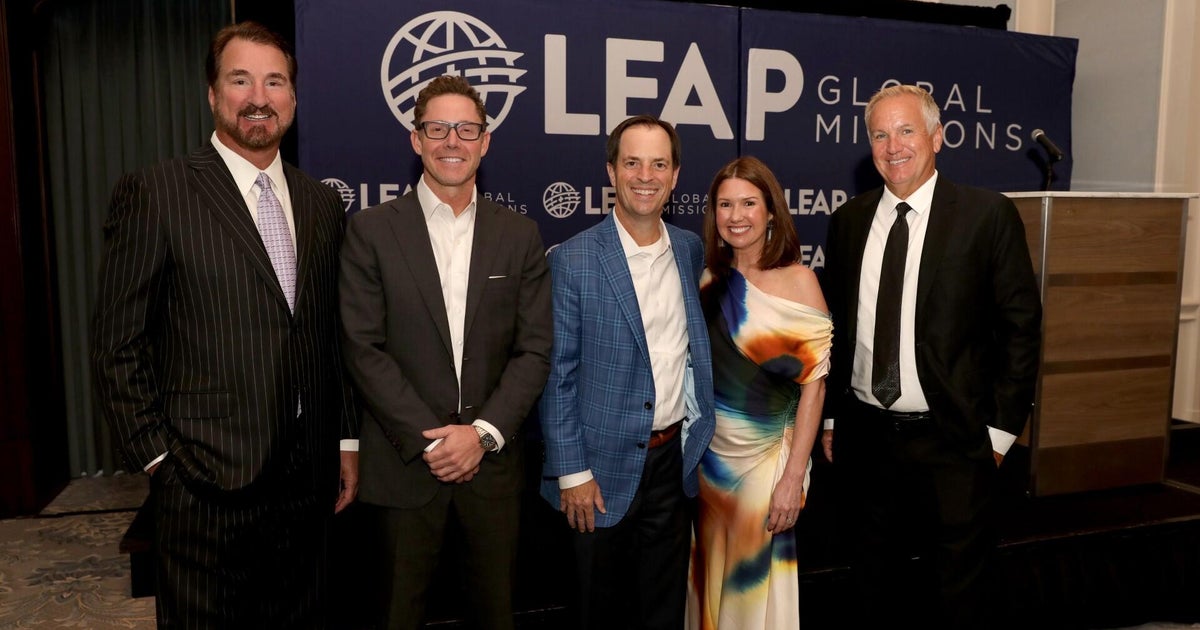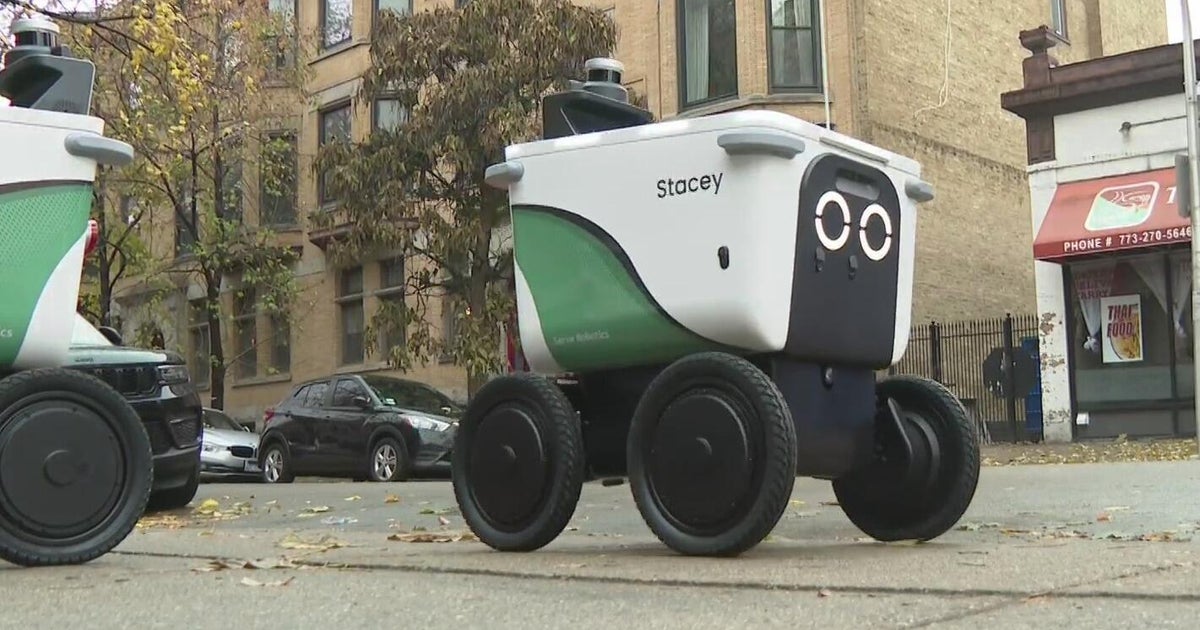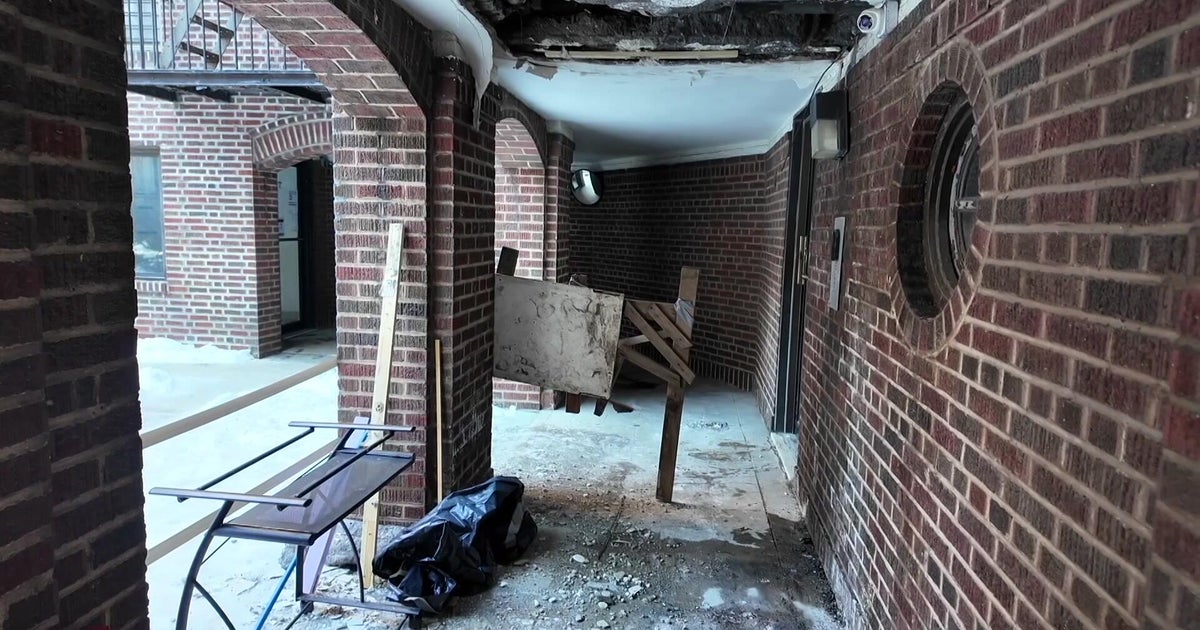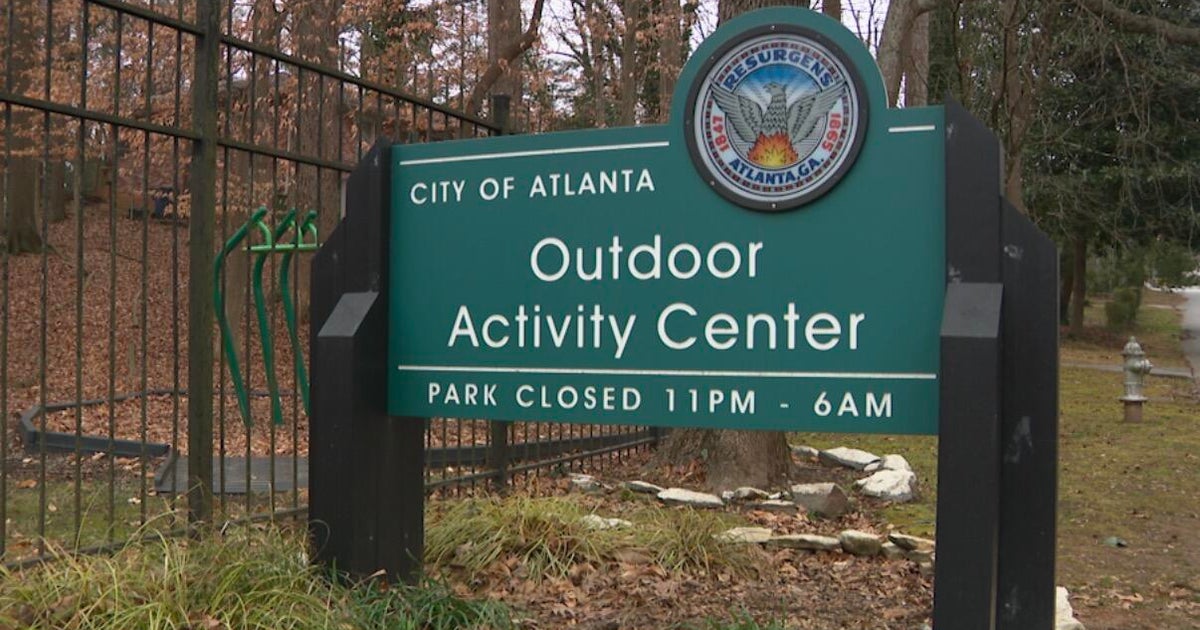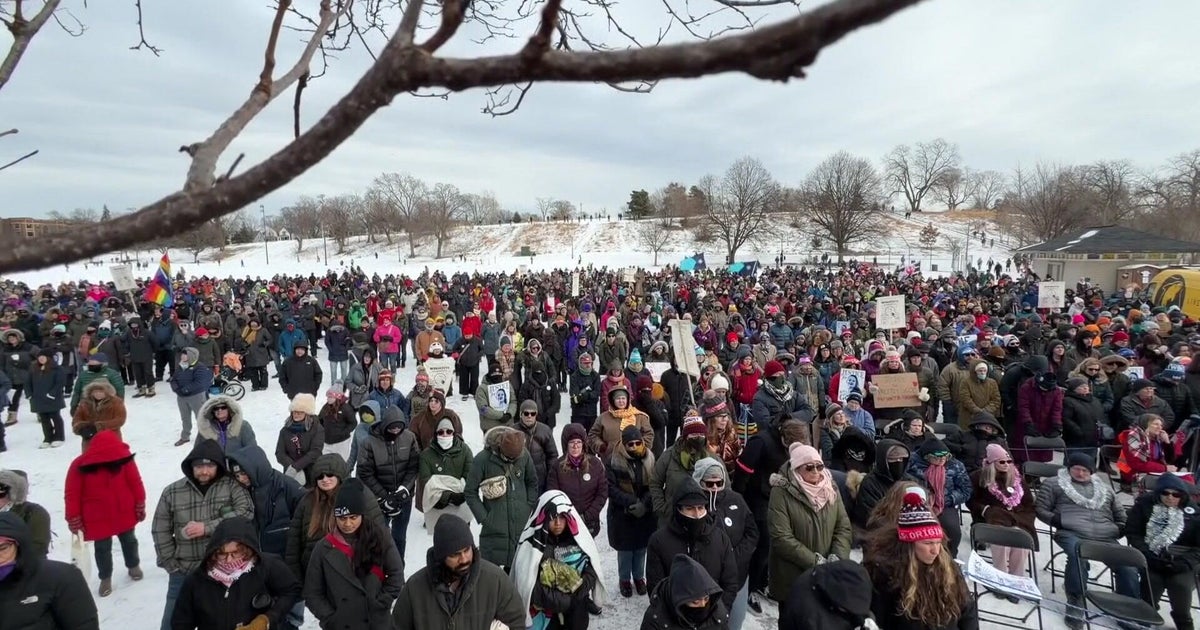2,000 Chelsea Families To Get $200-To-$400 A Month For Food Help
CHELSEA (CBS) – Chelsea residents are now getting some "no strings attached" relief, thanks to a pilot program that's the first of its kind in the country.
"Ever since the beginning, Chelsea has always been in a red zone, so to speak, and it continues to be that," said Chelsea City Council President Roy Avellaneda. He said the program is designed to put money directly in the pockets of those who need it most. "Based on that what the application stated, they were either given a $200, $300 or $400 monthly stipend."
More than 2,000 families chosen by a lottery system that included 3,600 applicants will be able to use this money for food and other necessities. The money will be given as debit cards, and Avellaneda said the program will help during the winter months, when people have to stand out in the cold for a box of food. He is also hoping that the cards will save some of the labor involved in running the food pantries.
"It has been labor-intensive, and there's a lot of production that goes into going out and buying food, packaging it and delivering it," Avellaneda said.
"(I'm) extremely grateful for it, but it's not enough," said Gladys Vega, the executive director of Chelsea Collaborative, which has been running a food pantry since the start of the pandemic. Vega said during the peak of the pandemic, she gave out 11,000 boxes of food in 3 days from 5-8 p.m., and she's concerned that there are thousands of families who didn't know about the program.
"This program is so important, but it's leaving behind 15,000 people or 15,000 families that it would be incredible for them to benefit... that is why all the other food pantries in the city have to increase what we have been given because there will not be enough," she said. "I don't how many people go to my line and tell me 'Gladys, I don't have cash not even to buy toilet paper,' That is the reality of Chelsea families, and it's real."
City leaders said the pilot program has the funding to last through mid-March. The program received $1.5 million from the city. The rest has been put up by organizations that include the Shah Family Foundation, United Way and Massachusetts General Hospital.
"We are still struggling with the fact that there is still need out there this is just one other tool in the box to address that, and we will see where this goes," Avellaneda said.
Vega said the program may just be the beginning of what needs to happen in Chelsea.
"Some of us thought that it was going to be a switch that turned on and everybody was going to go back to work, and it was going to be normal. That is not the case. There is no switch to turn on and the poor people continue to be poor, and now they are facing evictions and facing homelessness, and if you're homeless and get the coronavirus, we are going to continue to lose lives," Vega explained.
City leaders expect to have the cards in hand by the end of October. They plan to distribute them to families within the first two weeks of November.


